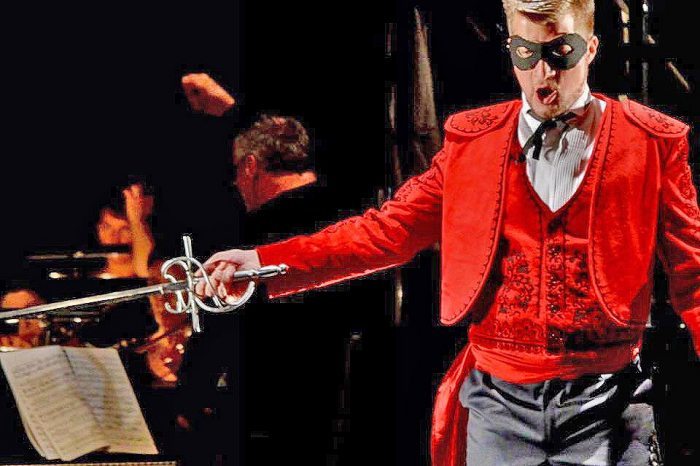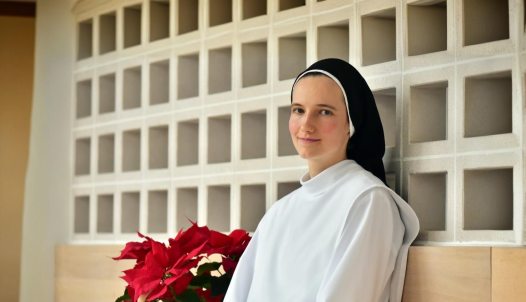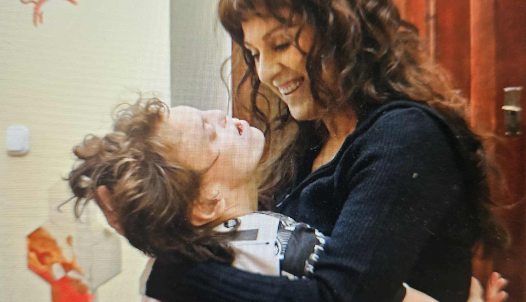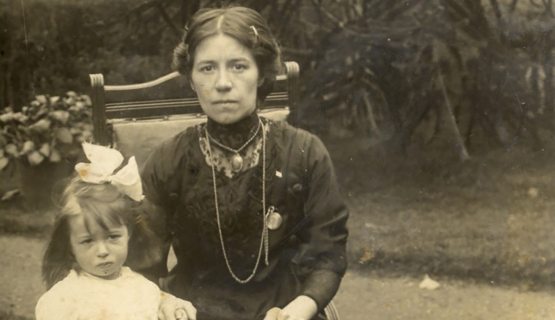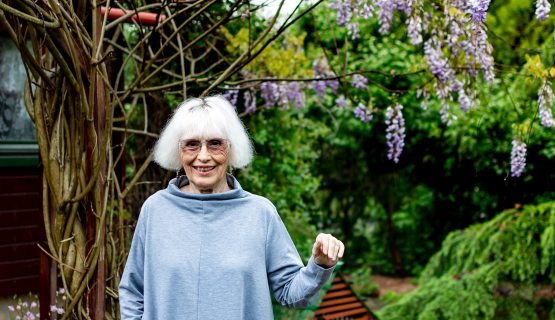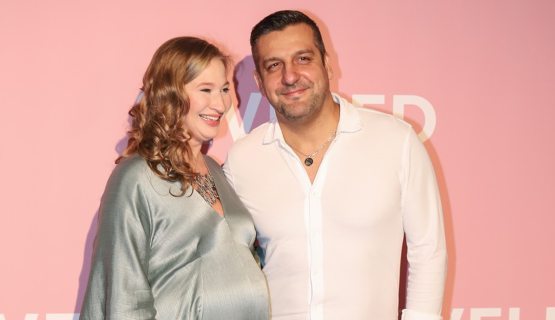“It sent shivers down my spine, I was totally captivated by this magic” – opera singer Csaba Sándor talks about his ‘double life’
Csaba Sándor's wonderful bass-baritone voice and demanding stage performance are the pride of opera-loving audiences. The soloist of the Hungarian Opera of Cluj and a regular guest singer of the Hungarian State Opera House, he brings a love of folk songs and singing from his family. His friendly, demanding, and determined personality is still marked by the diverse cultural and natural environment of his childhood in Transylvania.
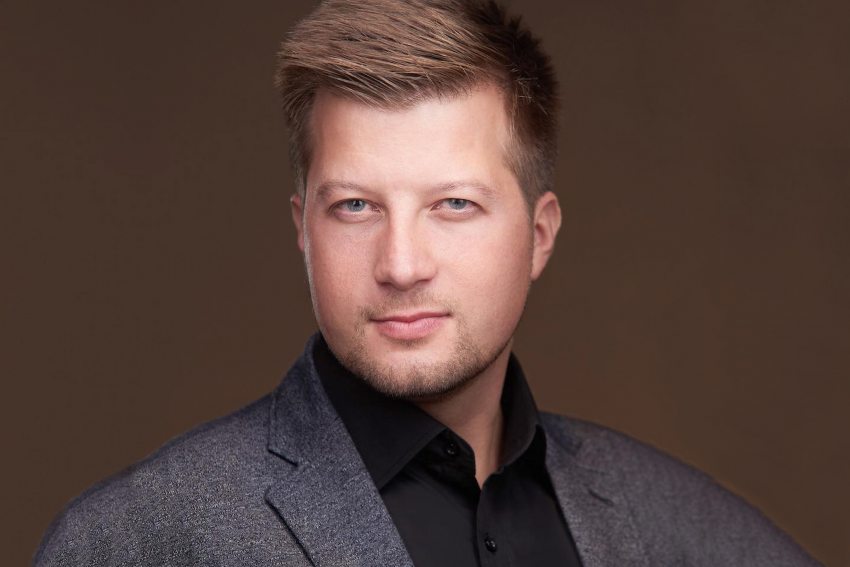
You were born in Miercurea Ciuc (Csíkszereda) in 1989 and you grew up in Sânsimion (Csíkszentsimon). How did you and your family perceive your minority Hungarian existence?
“I don’t think there is such a thing as minority existence, just minority feeling. Minority existence is in the head. A nation exists as long as it speaks the language, there are no borders to its culture. We, expatriate Hungarians, are part of a nation. In itself, the linguistic difference is not the cause of conflict between people, Romanians, Hungarians, Szász (Saxons) and Gypsies have lived together in Transylvania for centuries and they have good relations with each other. If, however, the situation is tense due to politics, then this dialogue can offer a solution. The discovery of a common voice, just like in music. It is a special thing to grow up in Transylvania.
“My childhood was extremely varied: I was surrounded by the kind of cultural and natural environment that provides me with a resource for a lifetime.
“Every Sunday we would go hiking in the forests, I learnt folk songs from my mother and I came into contact with acting and folk dance in my home village.”
Today, you live a ‘double life’ since you are soloist of the Hungarian Opera, Cluj-Napoca and you sing in the Hungarian State Opera. What were your impressions when you first came to Hungary?
“As far as I am concerned, Transylvania is one of the most beautiful parts of the world and I wouldn’t go abroad if I didn’t want to study and develop. But as the joke goes: you’ll only make a Romanian out of a Szekler if he goes to Budapest. Well, I’ve seen both sides, good and bad alike, in Bucharest just as much as in Budapest. Still, the most important thing is, as János Arany writes: “The greatest goal here in this earthly existence / Is to be human always, in all circumstances.” In the Bucharest opera house they asked me, a person who was born in Transylvania and holds dual citizenship, how I felt. I replied: ‘perhaps a little this, a little that, but mainly Szekler’.
“Since from my childhood onwards we were always coming to Budapest, I felt it completely natural when we travelled there. I always had that sense that it is irrelevant that a border separates us, we are Hungarians and we belong together. It was a very special and emotional moment when I first sang on the stage of the Hungarian State Opera. Now I am commuting, spending three weeks here and then five weeks there.
“Music is always the universal language and link whereby we find the way to each other.”
Did you come across difficulties when you started to spend more time in Hungary?
“The feeling was like leaving home to go home. I only came up against linguistic and administrative difficulties because although we speak one language, we don’t always use the same words, while the bureaucracy works in a different way to Transylvania. Here, they don’t understand me when I ask for ‘wine water’ (borvíz) in a shop instead of sparkling mineral water, or I ask my girlfriend, who is from Budapest, for a rolling pin or pastry board (laskasiritő or lapító) in the kitchen.”
You attended primary school in Sânsimion and a teacher there launched you on your career in music. Who was the first person to encourage you to sing?
“My mother was the first to teach me to sing. She explained when and how to take breaths, how to properly articulate words. One could say she infected me with a love of music, it was totally natural for us to sing and dance at home. In this regard I profess what Zoltán Kodály said: “Music is intellectual nourishment that cannot be replaced by anything else. Whoever lives without it lives and dies in spiritual anaemia.” I can count myself lucky in that I was surrounded by the sort of teachers and mentors – and they continue to stand by me to this day – who encouraged and helped in everything. I am grateful to very many people, a single article would not be sufficient to list them all. I urge everyone to sing and to get to know their own culture because when one sings, one sings out one’s joy and one’s sorrows.”
Was it given that you would be where you are today, an opera singer? Weren’t you interested in other genres?
“It is the task of parents, especially the mother, to nurture an interest in music. They provided me with a broad background in this respect, I learnt folk songs from them while Targu Mures radio played Hungarian melodies and operetta excerpts, and in the meantime we listened to cassettes and records of pop stars and bands. Thus it is nothing short of a miracle that I chose opera because until the age of 18 I had never heard or seen a single work. I watched a guest performance of Rigoletto (which, by the way, I played in five years later) by Hungarian Opera, Cluj-Napoca in Miercurea Ciuc in my final year as a student.
“Later on, when I listened online to the finale of Don Giovanni, I was certain this was the path I wanted to follow because it sent shivers down my spine, I was totally captivated by this magic.
“Opera is a synthesis of the arts that frequently depicts profound and eternally valid human emotions. Passion, disappointment, anger, love and friendship will always exist as long as humanity is on this earth. Take, for example, the quartet in the third act of La Bohème: four people are singing at the same time, each speaking of their own pain and story, everyone has different lines, yet the end result is wonderful and spine-tingling, beautiful music – but I could also mention the Rigoletto quartet here as well.”
What was your first, highly memorable role?
“There were several. Marriage of Figaro directed by Péter Novák in the Hungarian Opera, Cluj-Napoca was a major milestone for me. After all, in Cluj-Napoca it is necessary to climb the ladder from beginning to end and when I sang for the lead role I was still a member of the choir. There were also key moments when I first sang on stage in Budapest, Iași and Bucharest.
“Hungarian Opera, Cluj-Napoca brings together Hungarians from Transylvania, they also play musicals, operas and operettas. They boast a broad repertoire with many talented people.
“It is always a great pleasure to stand on stage and perform, presenting the message and the beauty of the given work. This is another reason I find this pandemic quarantine so hard to bear.”
Is there any difference performing for Transylvanian, mother country Hungarian and foreign audiences?
“I put exactly the same intensity into a role for all audiences. There’s no difference. Wherever I am, I strive to touch the audience with the music I sing, to convey those emotions that are welling up in me. I make every effort to prepare myself so that I can give the very best of myself. I am grateful that I am able to do what I love doing. When I am on stage my goal is to impress not only with my singing and the music, but I want the silence to have power, too.”

